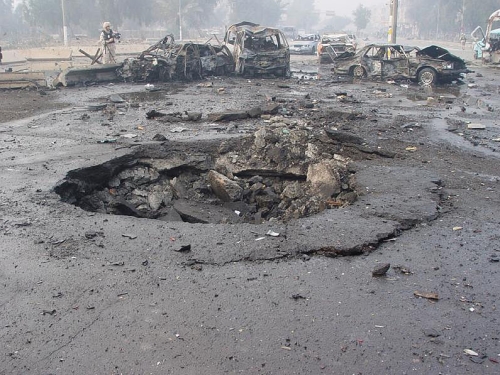
This article was originally published by E-International Relations on 25 October 2014.
The current crises associated with terrorism notwithstanding, in particular the shocking acts by individuals in the beheading of civilians as acts of revenge, there are issues with regard to the nation-state and its role in the ‘shaping’ of terrorism that have remained undisclosed. The active participation of individuals and/or groups and their forming of a reaction to the nation-state is what has remained at the forefront of the commentary. By its very nature, the focus on the reaction implies a dyad: the perpetual reinforcement of the nation-state as being just and reasonable, and that those who react against the nation-state and its laws/wisdoms are criminals. Hence, there has been no comment with regard to the ‘process’ – such as the systemic brutalisation of a populace as encountered by the ‘Marsh Peoples’ of southern Iraq under the Saddam Hussein regime, which caused them to rise up after the First Gulf War. To wit, governments need not acknowledge their role in creating terrorists, and terrorism. However, placing terrorism in perspective with regard to the nation-state provides a useful template and guide to what it consists ‘of.’
